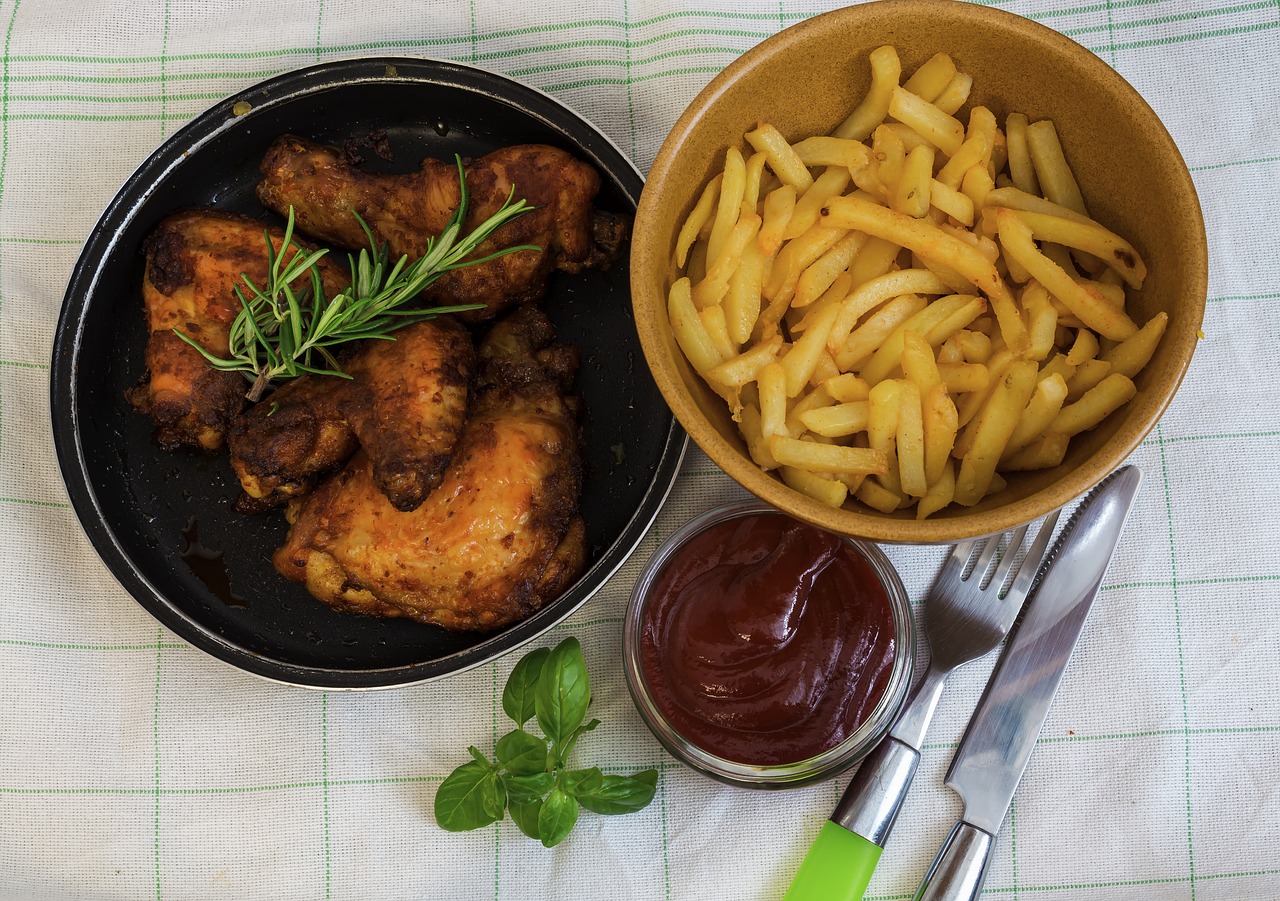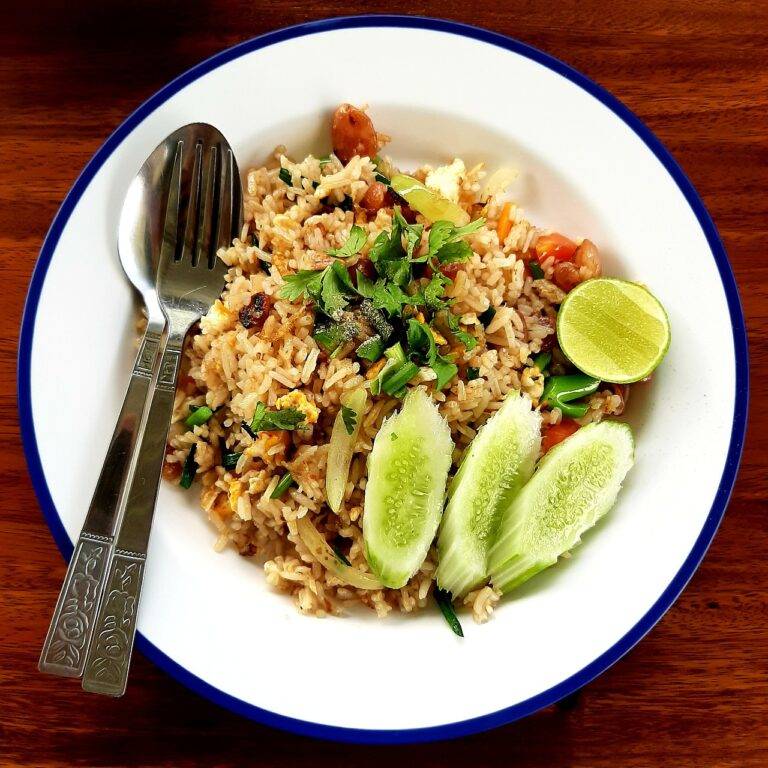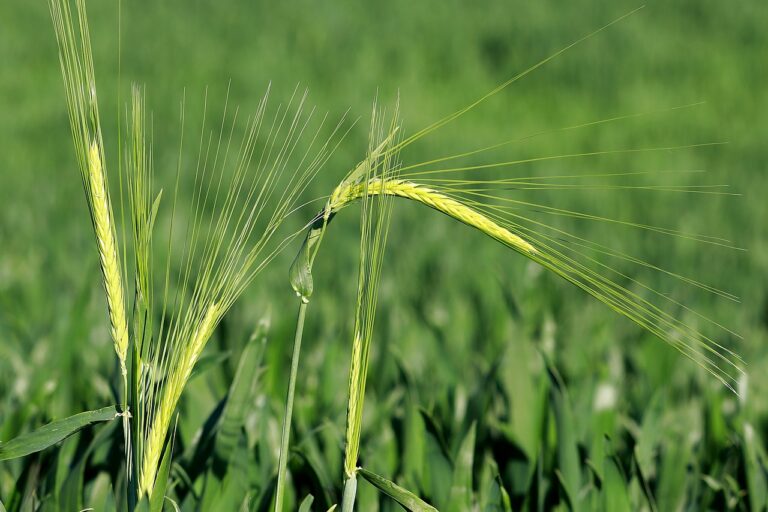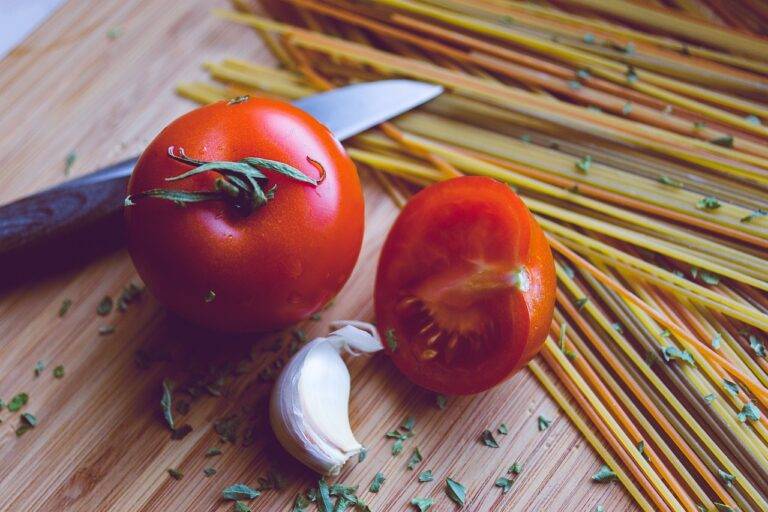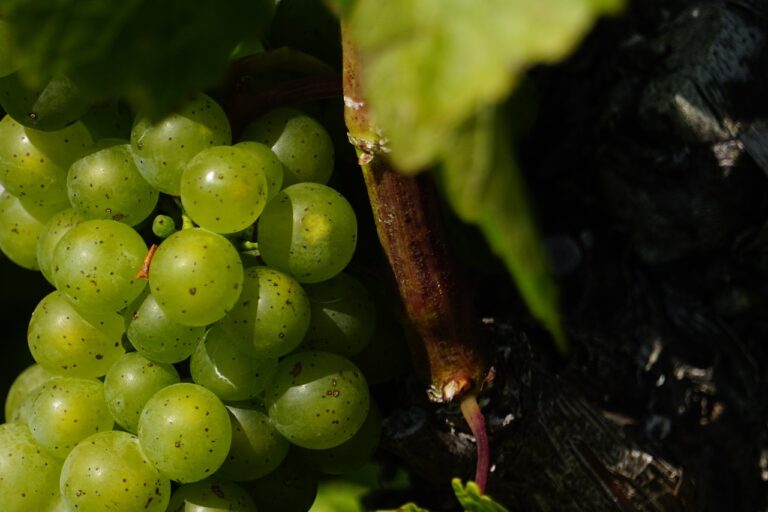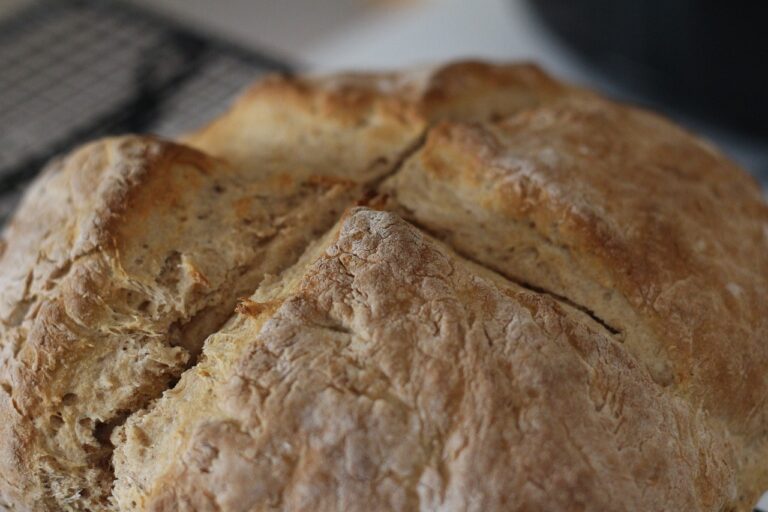The Role of Food Additives and Preservatives in Pet Food Safety: Cricketbet999, 11xplay online id, Betbhai9
cricketbet999, 11xplay online id, betbhai9: The Role of Food Additives and Preservatives in Pet Food Safety
As pet owners, we want nothing but the best for our furry friends. We strive to provide them with nutritious meals that will keep them healthy and happy. However, when it comes to choosing the right pet food, there are many factors to consider, including the use of food additives and preservatives.
Food additives and preservatives play a crucial role in ensuring the safety and quality of pet food. They help prevent spoilage, extend shelf life, and maintain the nutritional content of the food. But what exactly are food additives and preservatives, and how do they impact the safety of pet food?
What Are Food Additives and Preservatives?
Food additives are substances added to pet food to improve its taste, texture, appearance, and shelf life. They can be natural or synthetic and serve several purposes, such as enhancing flavor, improving texture, and preventing the growth of harmful bacteria.
Preservatives, on the other hand, are substances added to pet food to prevent spoilage and extend its shelf life. They inhibit the growth of microorganisms, such as bacteria and mold, that can contaminate the food and cause foodborne illnesses.
The use of food additives and preservatives in pet food is regulated by the Food and Drug Administration (FDA) and the Association of American Feed Control Officials (AAFCO) to ensure that they are safe for consumption.
The Importance of Food Additives and Preservatives in Pet Food Safety
Food additives and preservatives play a crucial role in ensuring the safety and quality of pet food. Without them, pet food would be more susceptible to spoilage, contamination, and degradation of nutrients, putting our pets at risk of foodborne illnesses and nutritional deficiencies.
By preventing the growth of harmful bacteria and mold, preservatives help maintain the freshness and safety of pet food. They also help extend the shelf life of pet food, reducing the chances of it going bad before our pets can consume it.
Food additives, such as flavor enhancers and texture modifiers, improve the palatability of pet food, making it more appealing to our pets. This can help entice picky eaters to consume their meals and ensure that they are getting the nutrients they need to stay healthy.
Overall, food additives and preservatives are essential components of pet food that help ensure its safety, quality, and palatability. Without them, pet food would not be able to meet the nutritional needs of our pets and maintain its freshness and safety.
Common Food Additives and Preservatives in Pet Food
There are several common food additives and preservatives used in pet food to improve its quality and safety. Some of the most commonly used additives and preservatives include:
1. BHA and BHT: These synthetic antioxidants are added to pet food to prevent the oxidation of fats and oils, which can lead to rancidity and spoilage.
2. Ethoxyquin: A synthetic antioxidant that is used to prevent the oxidation of fats and oils in pet food.
3. Propylene glycol: A humectant and preservative that helps maintain the moisture content of pet food and prevent it from drying out.
4. Carrageenan: A thickening agent derived from seaweed that is used to improve the texture and stability of pet food.
5. Natural tocopherols: Natural antioxidants, such as vitamin E, that are added to pet food to prevent the oxidation of fats and oils.
6. Lecithin: A natural emulsifier that is added to pet food to improve its texture and stability.
These additives and preservatives are carefully selected and used in specific amounts to ensure that they are safe for consumption and do not pose any health risks to our pets. They play a vital role in maintaining the quality and safety of pet food, ensuring that our pets receive the nutrition they need to thrive.
FAQs
1. Are food additives and preservatives safe for pets?
Yes, food additives and preservatives used in pet food are carefully regulated and tested to ensure that they are safe for consumption by pets. They are used in specific amounts to prevent spoilage, maintain freshness, and improve the quality of pet food without posing any health risks to pets.
2. Can food additives and preservatives cause allergies in pets?
While it is possible for pets to develop allergies to certain food additives and preservatives, the risk is minimal. Most pet food manufacturers use additives and preservatives that are safe for consumption and do not commonly cause allergic reactions in pets. If you suspect that your pet may be allergic to a specific additive or preservative, consult your veterinarian for further guidance.
3. Can I feed my pet food without any additives or preservatives?
While it is possible to feed your pet food without any additives or preservatives, it may not be practical or safe in the long run. Without additives and preservatives, pet food is more susceptible to spoilage, contamination, and degradation of nutrients, which can pose health risks to pets. It is essential to choose high-quality pet food that contains safe and approved additives and preservatives to ensure the safety and quality of the food.
4. How can I tell if a pet food contains harmful additives or preservatives?
When selecting pet food for your furry friend, read the label carefully to identify any harmful additives or preservatives that may be present. Look for specific additives or preservatives, such as BHA, BHT, and ethoxyquin, that are known to pose health risks in large quantities. Choose pet food brands that use natural alternatives, such as tocopherols and lecithin, to maintain the safety and quality of the food without compromising your pet’s health.
In conclusion, food additives and preservatives play a vital role in ensuring the safety, quality, and palatability of pet food. They help prevent spoilage, maintain freshness, and improve the nutritional content of pet food, ensuring that our pets receive the nutrition they need to stay healthy and happy. By choosing high-quality pet food that contains safe and approved additives and preservatives, we can provide our furry friends with the best possible diet to support their overall well-being.

